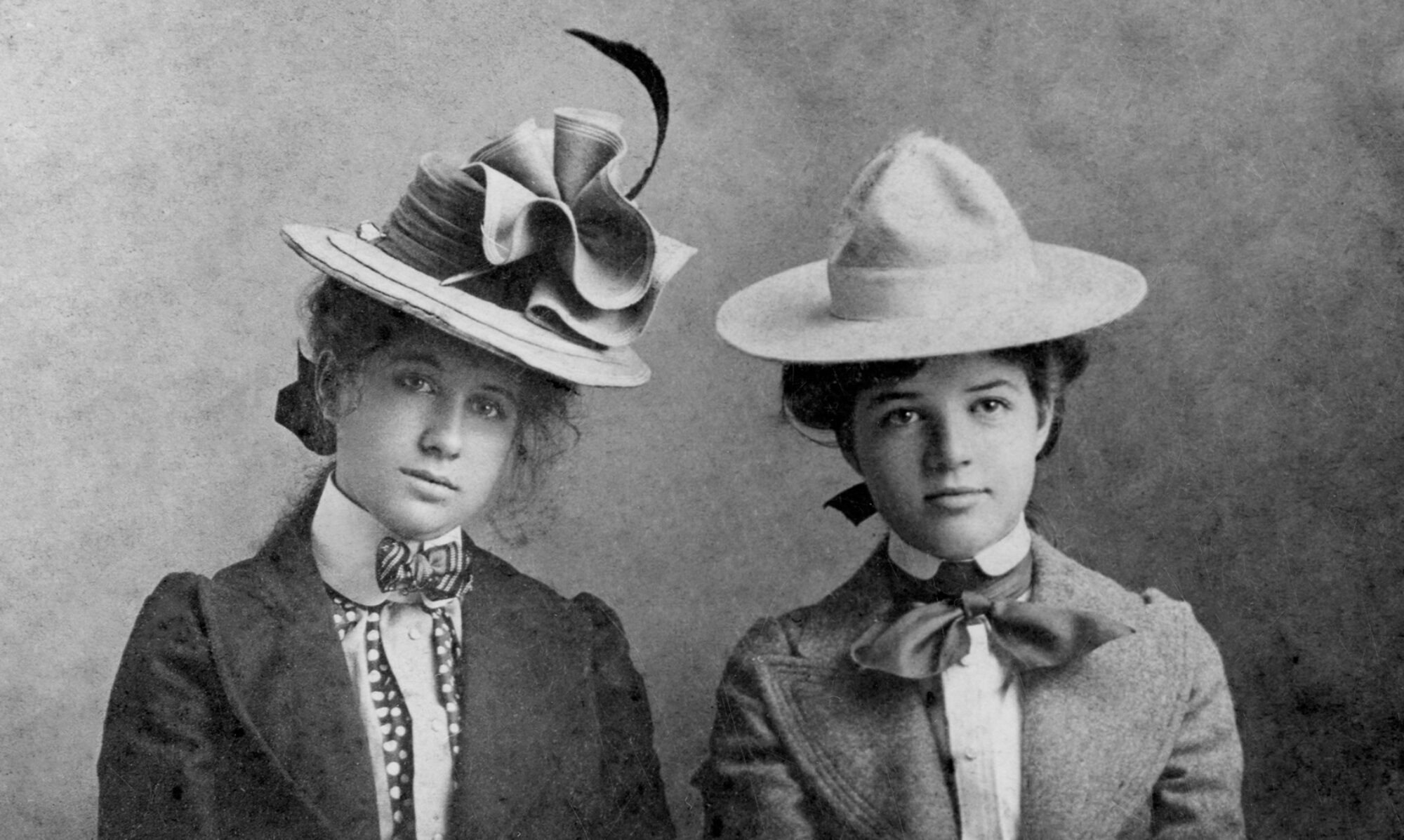From “Letts’s Illustrated Household Magazine, A Complete Encyclopedia of Domestic Requirements” 1884, London.
 N the treatment of a subject, the operation of which pervades the whole system of social ethics, it is difficult, almost impossible, to prescribe a strict code of rules which shall be applicable to every occasion that may present itself, because, in the natural course of all things, circumstances must govern cases. Yet, as a general rule, good judgment may be shown in the avoidance of errors—errors so marked that there can be no difference of opinion about them. With this view then, we shall, in offering suggestions for observance in connection with the accepted rules of etiquette, supplement those observations by pointing out the mistakes that are often made—thus removing the corn from the husks; for, in promulgating a code of laws intended to bind the more refined and educated classes together, and to establish a good general understanding amongst them, it is important not only to know what to do, and how to do it, but also what not to do, and how not to do it.
N the treatment of a subject, the operation of which pervades the whole system of social ethics, it is difficult, almost impossible, to prescribe a strict code of rules which shall be applicable to every occasion that may present itself, because, in the natural course of all things, circumstances must govern cases. Yet, as a general rule, good judgment may be shown in the avoidance of errors—errors so marked that there can be no difference of opinion about them. With this view then, we shall, in offering suggestions for observance in connection with the accepted rules of etiquette, supplement those observations by pointing out the mistakes that are often made—thus removing the corn from the husks; for, in promulgating a code of laws intended to bind the more refined and educated classes together, and to establish a good general understanding amongst them, it is important not only to know what to do, and how to do it, but also what not to do, and how not to do it.
CARDS AND CARD-LEAVING,
a practice which principally devolves on the mistress of the house, who should leave cards on behalf of herself and her husband; it is not etiquette, however, to include bachelor friends, for whom the husband alone leaves his card. Bachelors, however, are expected to leave their cards for both husband and wife, on hearing that they have arrived either at their town house or their country seat.

